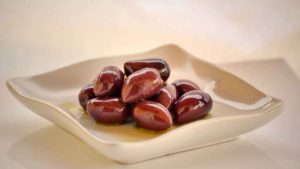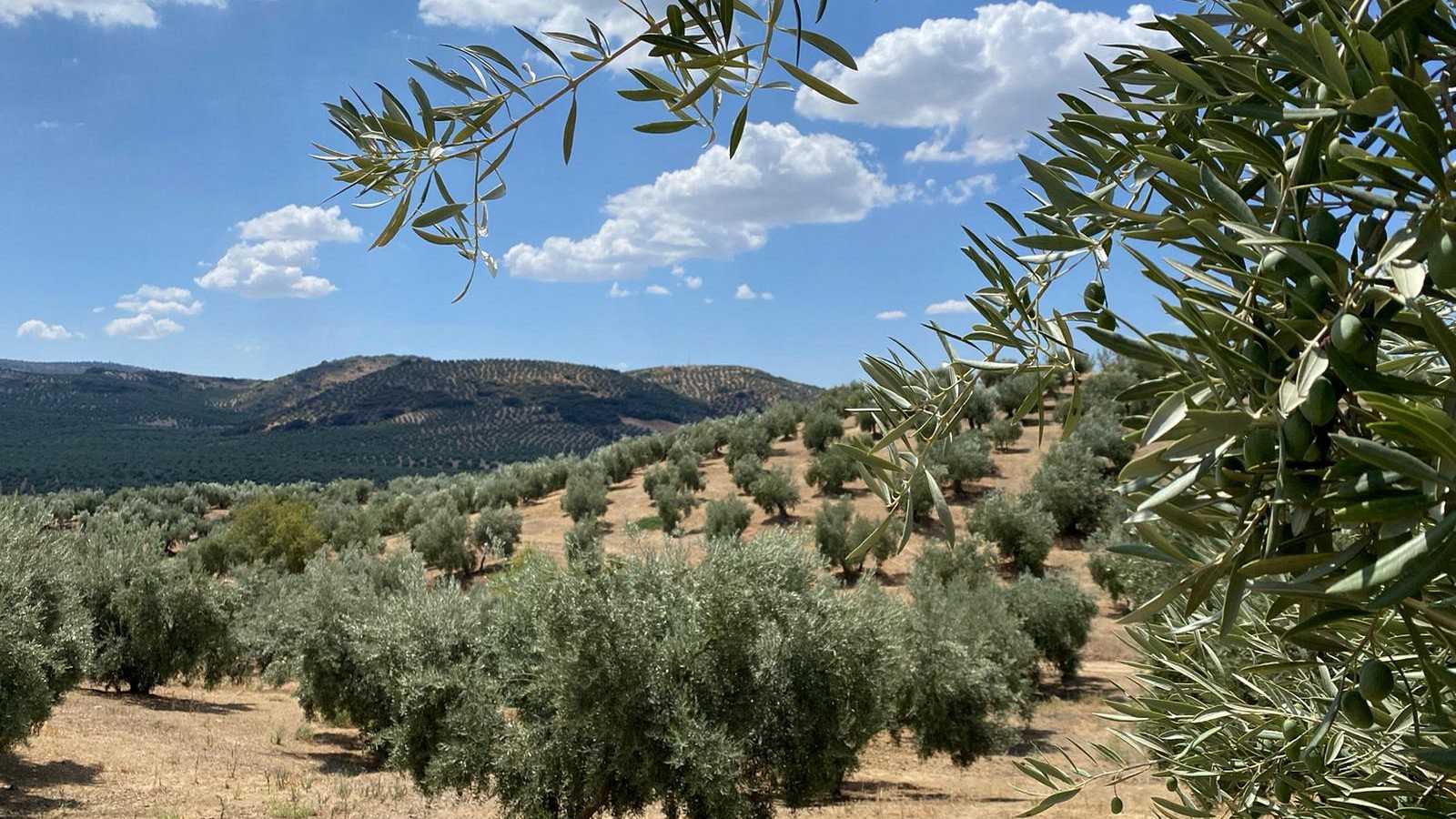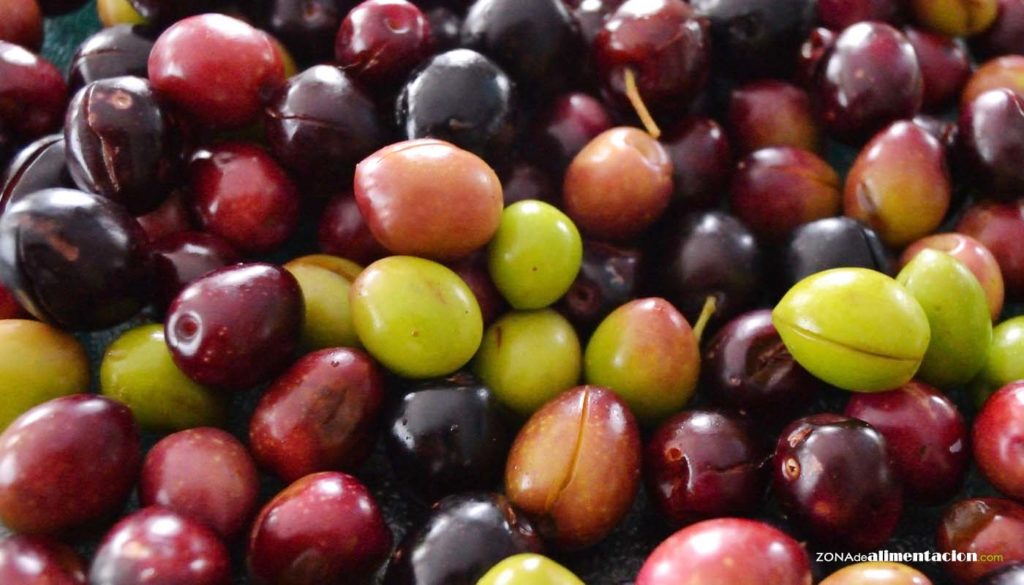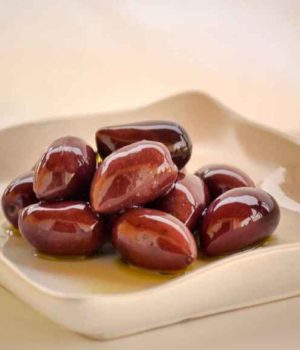La Kalamata olive It is becoming more and more present in Spanish gastronomy. It is not for less, since its flavor is a delight for our palate. Not to mention its numerous nutritional properties, which have made it become one of the favorite olives of diners and food critics. We tell you everything about this product.
The olive tree and the Mediterranean
If there is a tree represents the Mediterranean Sea, and to the coasts that surround it, that is, without a doubt, the olive tree. Since ancient Greece we have associated it with culture, peace and the Olympic Games. But not only that, but its fruit, called olive or olive, has become the quintessential food de our mediterranean diet.
As for the variety Kalamata olive, it must be said that it is one of the most popular olives in Greece. From the province of Peloponnese, more specifically from the region of Kalamata, from which it receives its name. are considered table olives, which is why they are especially used for gastronomy, especially as an accompaniment to dishes or an appetizer between meals.

Characteristics of the Kalamata olive
This olive is characterized by its Oval shaped, similar to almonds. When you taste them you can feel their meatiness and their game of flavors, in which it varies the sweet and the salty depending on the bite. As for their color, when collecting them highlights its purple color, which changes depending on its treatment or its packaging, becoming a light or dark brown.
Due to the intensity of the flavor, the Kalamata olive It has made a place for itself in Greek gastronomy and in the Mediterranean in general. Renowned chefs have gradually tested its use in their dishes. But they are also ideal to consume at home as an aperitif or to add to salads, pasta or rice dishes. Its nuances in the mouth make it a food Very versatile.

Beneficial for health
Consumption of the Kalamata olive brings innumerable benefits for our health and are ideal for the diet. Thanks to their polyphenol content, these olives have anti-inflammatory properties. Its high omega-3 content causes triglyceride levels to be kept at bay, reducing the risk of diseases heart disease and favoring the reduction of bad cholesterol levels.
As we have already said, they are essential if we want to go on a diet. Its rapid oxidation makes the body eliminate fat faster and do not retain fluids. The antioxidants in this food help protect you from neurodegenerative diseases. Finally, the consumption of these olives help fight viruses and the bacteria of our body, strengthening the immune system and normal intestinal transit.

Properties and conservation of the Kalamata olive
These olives are rich in fat, the good kind, and their carbohydrate levels are very low. A small plate of Kalamata olive, about 80 grams, provides only 180 calories. The good thing is that despite their low caloric level, they provide countless nutrients to our body. It is remarkable his great supply of minerals, including calcium, vitamin A and E and iron. Undoubtedly a highly recommended food to have in our kitchen.
As for the conservation of this product, little to say due to its simplicity. We will only have to put them in jars or glass tupperware and deposit them in a fresh and dry place, preferably in the fridge. Formerly they were kept in the kitchen, but the appearance of the ceramic hob and heating makes it impossible to leave them out of the refrigerator.
As you have seen throughout this article, the Kalamata olive it is a great ally in our kitchen, and above all, a friend of our body, due to the number of properties they have and their intense flavor. Now that you know more about this characteristic product, do you dare to have them on your table?







